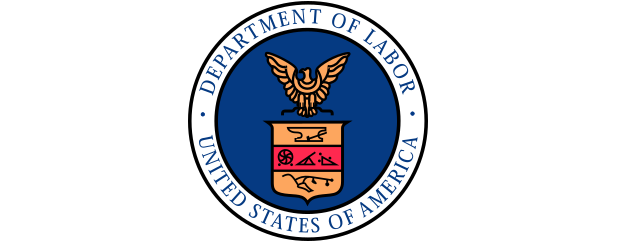As the world adjusts to the unprecedented pandemic known as COVID-19, many things are changing. In response to stay at home orders, social distancing rules, school closings, and strict orders against mass gatherings, many employers around the country have asked people to work from home and in most states, non-essential businesses have even been forced to close until further notice.
On March 18, 2020, Congress passed the Families First Coronavirus Response Act (FFCRA) in an effort to combat the financial toll that COVID-19 has had, and will continue to have, on working families and individuals. This Act requires public agencies and private employers with fewer than 500 employees to provide their employees with emergency paid sick leave for COVID-19 related purposes.
The FFCRA will provide employees with paid sick leave through two new acts, the Emergency Paid Sick Leave Act and the Emergency Family and Medical Leave Expansion Act. These paid leave provisions will apply to leave taken between April 1, 2020 and December 31, 2020.
Emergency Paid Sick Leave Act (EPSLA)
The EPSLA provides up to 80 hours (two weeks) of paid leave to full-time employees for COVID-19 related purposes. Emergency paid sick leave is capped at 80 hours. Part-time employees can also receive paid sick leave, but it is limited to the average number of hours they would normally work over a two-week period.
Employees are eligible for emergency paid sick leave for any of the following five reasons:
- Inability to work or telework because the employee is subject to a Federal, State, or local quarantine or isolation order related to COVID-19.
- Inability to work or telework because the employee has been advised by a health care provider to self-quarantine due to concerns related to COVID-19.
- Inability to work or telework because the employee is experiencing symptoms of COVID-19 and are seeking a medical diagnosis.
- Inability to work or telework because the employee is caring for an individual who is subject to a Federal, State, or local quarantine or isolation order or who has been advised by a health care provider to self-quarantine due to concerns related to COVID-19.
- Inability to work or telework because you are caring for your child whose school or place of care is closed, or childcare provider is unavailable, due to COVID-19 related reasons.
Emergency Family and Medical Leave Expansion Act (EFMLEA)
The EFMLEA amends the Family and Medical Leave Act of 1993 (FMLA) to provide up to 10 weeks of paid protected leave to eligible employees who cannot work or telework because they are caring for a child whose school or place of care has closed, or whose child care provider is unavailable, for COVID-19 related purposes.
Unlike the FMLA, which provides 12 weeks of protected unpaid leave, under the EFMLEA the first two weeks of leave remain unpaid, but after those two weeks (10 days) eligible employees can receive two thirds pay for the remaining 10 weeks. Employees that are taking expanded family and medical leave can take paid sick leave under EPSLA for the first two unpaid weeks or may substitute any accrued vacation, personal, medical, or sick leave they may have under their employer’s policy.
How the FFCRA Applies to Law Enforcement Officers and First Responders
Law enforcement officers and first responders may be excluded by their employer from being able to take paid sick leave or expanded family and medical leave under the FFCRA. Emergency responders include military, law enforcement officers, correctional officers, fire fighters, emergency medical services personnel, 911 operators, physicians and nurses.
Emergency responders are needed to minimize the spread of the virus associated with COVID-19, so the Department of Labor encourages employers to use discretion and be judicious when exempting emergency responders from these provisions of the FFCRA.

